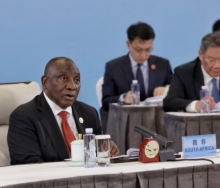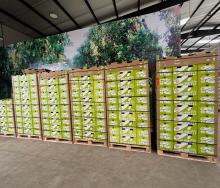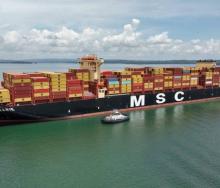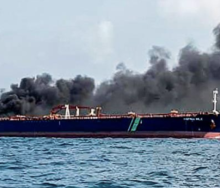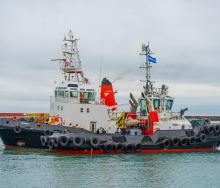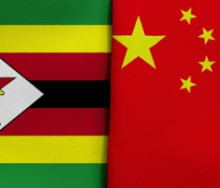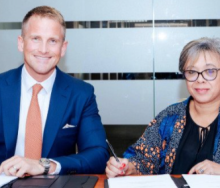The South African National Roads Agency (Sanral) has dispelled notions that its N2 Wild Coast Road (N2WCR) project is in jeopardy because of a recent High Court ruling in Pretoria that found in favour of the Amadhiba Crisis Committee’s (ACC) application to stop open-cast mining on ancestral land in a seafront area called Xolobeni.
Committee members have been alleging that the road project is primarily there to support the proposed mining activities, hoping that a court victory might stop construction of bridges over the Mtentu and Msikaba rivers.
However, with that victory now in the bag and renewed rumours going around that Sanral may subsequently reconsider the road project, the agency has made it clear that construction work is proceeding.
“The court ruling in favour of the Xolobeni community against the issuing of mining rights will not have any influence on Sanral’s N2WCR project,” Sanral spokesperson Vusi Mona said.
“We have always maintained that the road will contribute to the economic development of the region and open opportunities for the eco-tourism, conservation, and hospitality sectors.”
Mona added that the same Interim Protection of Informal Land Rights Act (Ipilra) that had been used by the ACC’s litigators to successfully argue in favour of ancestral land rights against the Department of Mineral Resources’ claim that it had the right to lay claim to land if it wanted to mine it, had been used to obtain community consent for building the road.
“The process followed complies fully with Ipilra,” Mona said.
Of particular interest, although unrelated to Sanral and the N2WCR project, is the court ruling’s meaning for the contentious issue of expropriation of land without compensation (EWC).
Prominent litigators have indicated that should section 25 of the Constitution be changed to allow EWC, it could adversely affect communities like Xolobeni whose people, ironically enough, should be benefiting from expropriation as opposed to having their land confiscated for the sake of mining.

